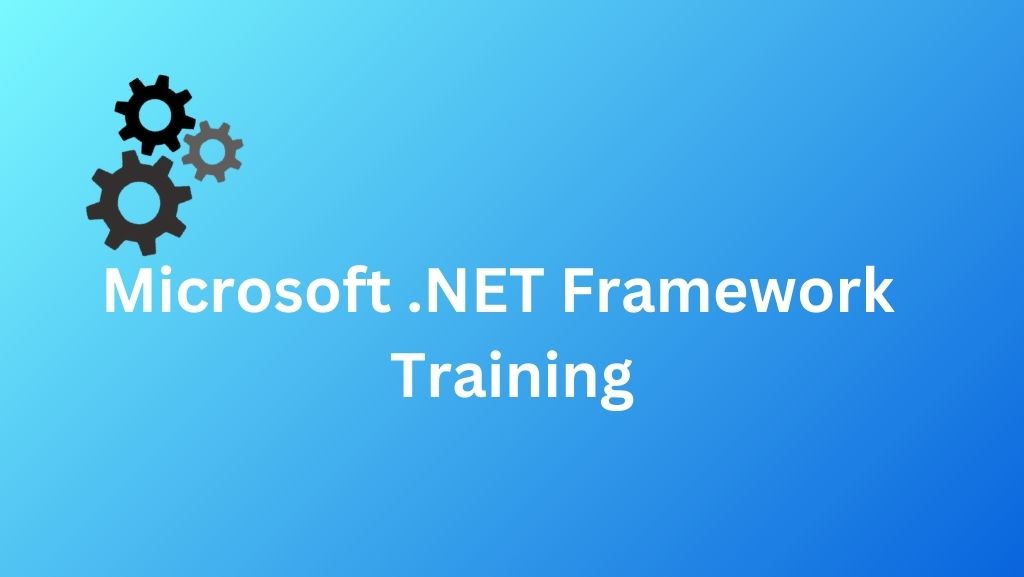Upcoming Batches for Big Data Hadoop
Not compatible with the above dates?
Big Data Hadoop Course Details
Zx Academy's Big Data Hadoop Certification Training Course is designed by industry experts. It covers in-depth knowledge of Hadoop Ecosystem and Big Data tools like MapReduce, HDFS, Pig, and YARN. During the Big Data Hadoop training at Zx Academy, you will be working on real-life scenarios in Social Media, Retail, Finance, and Tourism domains. Zx Academy's Big Data Hadoop training helps you to get ready for the Hadoop Developer Certification exam.
The demand for Big Data professionals is growing across the world, and now, it is an excellent opportunity for IT professionals to move into this domain. The Big Data training at Zx Academy was studded with lots of case studies and practical assignments. Various tools like Hive, Spark, Kafka, Sqoop, HBase, and Spark streaming are covered as part of Big Data Hadoop training.
Highlights of Zx Academy Training:
- 24/7 Support throughout the training period
- Live online classes
- Training under industry experts
- Free study material
- Flexible timings to all our students
What will you learn in Big Data Hadoop Certification training?
After completion of the Big Data Hadoop certification training, you will learn:
- Hadoop Installation and Setup
- Deep Dive in MapReduce
- Advanced Hive and Impala
- Flume, Sqoop, and HBase
- Introduction to Pig
- Use Case Bobs Rockets Package
- Writing Spark Applications Using Scala
- Working with RDDs in Spark
- Spark Basics
Who should take this Big Data Hadoop Certification training?
The Big Data Hadoop certification training course is beneficial for:
- Software Architects
- Data Engineers
- Project Managers
- Software Developers
- Business Intelligence Professionals
- Data Analysts
- Mainframe professionals
- DBAs and DB professionals
What are the prerequisites for taking Big Data Hadoop Certification training?
The prerequisites for taking Big Data Hadoop certification training are:
- Basics of UNIX, SQL, and Java
- Prior knowledge of Core Java
Why should you go for Big Data Hadoop Certification training?
Big Data is one of the most promising technologies for handling large volumes of data for data analytics. Top multinational companies hire the Big Data Hadoop professionals, and hence there is a huge demand for them. Zx Academy's Big Data training helps you to upgrade your career to the next level. Getting Big Data Hadoop certification from Zx Academy helps you to apply for the best jobs.
Salary Trends:
According to Glassdoor, the average salary of a Hadoop Developer is Rs.7,00,000 per year.Are you excited about this?
Big Data Hadoop Curriculum
Limitations & Solutions of Big Data Architecture
Hadoop & its Features
Hadoop Ecosystem
Hadoop 2.x Core Components
Hadoop Storage: HDFS (Hadoop Distributed File System)
Hadoop Processing: MapReduce Framework
Different Hadoop Distributions
Federation and High Availability Architecture
Typical Production Hadoop Cluster
Hadoop Cluster Modes
Common Hadoop Shell Commands
Hadoop 2.x Configuration Files
Single Node Cluster & Multi-Node Cluster set up
Basic Hadoop Administration
Why MapReduce
YARN Components
YARN Architecture
YARN MapReduce Application Execution Flow
YARN Workflow
Anatomy of MapReduce Program
Input Splits, Relation between Input Splits and HDFS Blocks
MapReduce: Combiner & Partitioner
Demo of Health Care Dataset
Demo of Weather Dataset
Distributed Cache
MRunit
Reduce Join
Custom Input Format
Sequence Input Format
XML file Parsing using MapReduce
MapReduce vs Pig
Pig Components & Pig Execution
Pig Data Types & Data Models in Pig
Pig Latin Programs
Shell and Utility Commands
Pig UDF & Pig Streaming
Testing Pig scripts with Punit
Aviation use-case in PIG
Pig Demo of Healthcare Dataset
Hive vs Pig
Hive Architecture and Components Preview
Hive Metastore
Limitations of Hive
Comparison with Traditional Database
Hive Data Types and Data Models
Hive Partition
Hive Bucketing
Hive Tables (Managed Tables and External Tables)
Importing Data
Querying Data & Managing Outputs
Hive Script & Hive UDF
Retail use case in Hive
Hive Demo on Healthcare Dataset
Custom MapReduce Scripts
Hive Indexes and views
Hive Query Optimizers
Hive Thrift Server
Hive UDF
Apache HBase: Introduction to NoSQL Databases and HBase
HBase v/s RDBMS
HBase Components
HBase Architecture
HBase Run Modes
HBase Configuration
HBase Cluster Deployment
HBase Shell
HBase Client API
Hive Data Loading Techniques
Apache Zookeeper Introduction
ZooKeeper Data Model
Zookeeper Service
HBase Bulk Loading
Getting and Inserting Data
HBase Filters
Spark Ecosystem
Spark Components
What is Scala
Why Scala
SparkContext
Spark RDD
Like the curriculum?
Projects on Big Data Hadoop
Word Count with Hadoop:
Our aim in this project is to introduce students to the MapReduce programming model and how Hadoop processes data.
Steps for Hadoop Implementation and Data Prep are as follows:
- Set Up Hadoop: Install and set up Hadoop in either a single node or multi node cluster depending on available resources. Data Prep: Select an oversize document such as a novel, article, or dataset and break it down into smaller text files for analysis by Hadoop.
- Write a Mapper: Write a Java program that tokenizes text and emits key-value pairs wherein each key represents one word and each value 1 is equivalent to 1.
- Write a Reducer: Create a Java program for the Reducer that takes in key-value pairs from Mappers, adds up their values for each word, and produces an overall word count.
- Hadoop Job: Combine your Mapper and Reducer into one Hadoop job that runs on a Hadoop cluster and run it successfully.
- Analyse Results: Review the word count output to understand how Hadoop distributed and processed the data. This project gives beginners hands-on experience writing and running their first Hadoop job; in particular it serves as a classic example of MapReduce tasks.
Log Analysis with Hadoop:
Objective of This Project: It aims to give students an introduction into log data processing using Hadoop.
Steps for Log Data Analsis:
- Collect Log Data From Multiple Sources Collect log data from various sources such as website server logs or application logs, as well as publicly available datasets or your own sample logs.
- Clean Your Logs Preprocess the collected log data so as to remove irrelevant information while formatting it appropriately for analysis.
- MapReduce Job 1 (Data Extraction): Write a Mapper and Reducer that extracts relevant information from log data, for instance the frequency of different events or errors.
- MapReduce Job 2 (Aggregation): Create a second MapReduce job to aggregate extracted data by performing calculations or creating reports based on it.
- Hadoop Job Chaining: Combine both MapReduce jobs together into one data processing pipeline by chaining them together using Hadoop Job Chain.
- Visualization: Utilize data visualization tools such as Apache Zeppelin or Jupyter Notebook to generate charts and graphs using processed log d.
Project Resources
Big Data Hadoop Certification

Get certification or Get ahead with Zx Academy’s Certification or
Faq’s for Big Data Hadoop
Reviews
Bharathi
Bharathi




